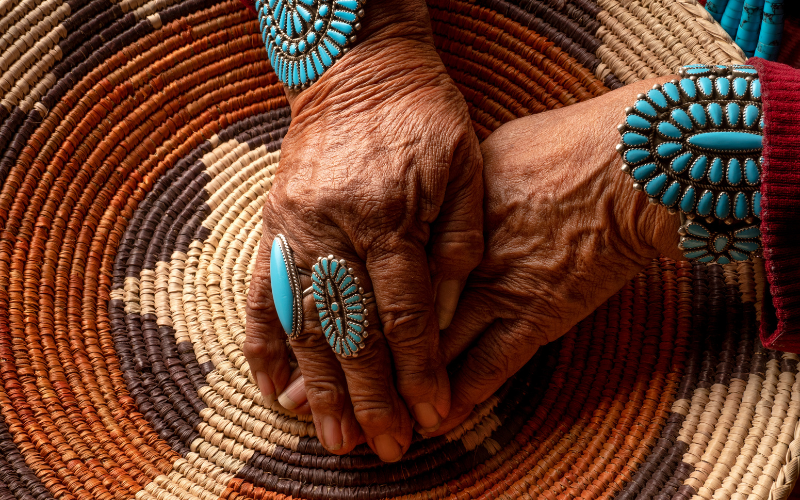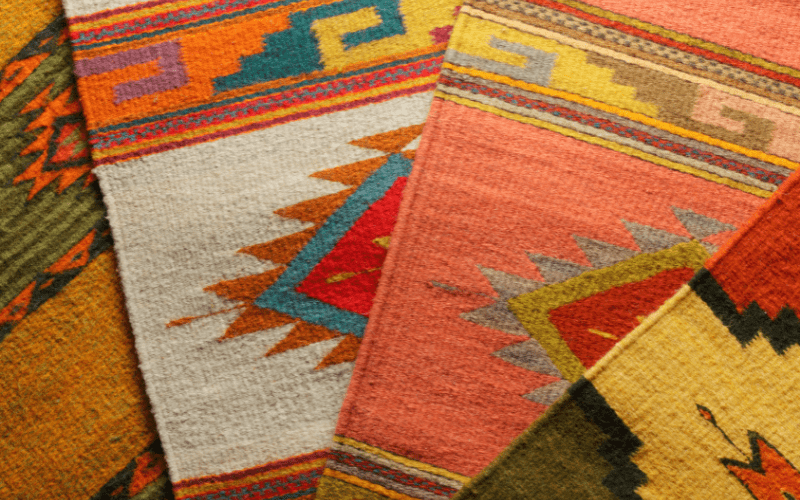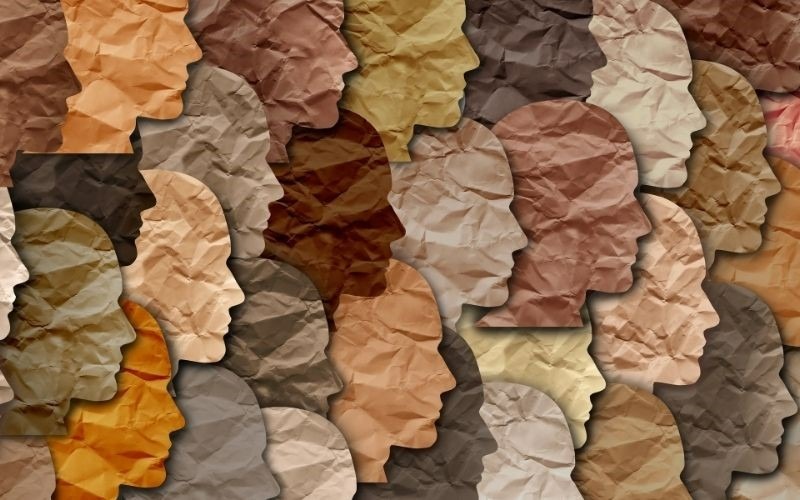EMDR therapists can celebrate Native American Heritage Month by learning about the challenges that different Indigenous individuals and communities might bring to therapy.
We asked EMDRIA members for video or written responses to the following:
“How have you used EMDR therapy to reprocess some of the challenges faced by the Native American/Indigenous community?”
***NOTE: Play the video and click on the ‘CC’ icon in the lower right-hand corner for closed captioning on the videos.
“I have seen first-hand how EMDR has positively impacted people in our Tribal communities and helped them to be able to handle the impacts of trauma. In my sessions, I create a space that is culturally relevant and connected. A space that feels safer. As a Native clinician, my clients have told me that they appreciate that I understand their experiences and that they don’t have to explain things to me. Pairing this with EMDR has led to amazing progress with clients. My hope is that we have more access for Native clinicians to not only get trained and certified in EMDR, but that we also see authentic Native folks leading trainings in the future.”
*** Shelley Spear Chief, MSCSW
“I use EMDR therapy to reprocess challenges faced by Indigenous communities by integrating equine therapy through the EquiLateral® equine-assisted EMDR protocol. This integration offers a unique layer of co-regulation and support, particularly for Indigenous clients who may benefit from a more relational and nature-based approach to healing. The positive responses we’ve observed highlight the importance of creating a safe, supportive environment that resonates with cultural values and personal experiences. The herd’s presence provides nonverbal support, fostering a sense of connection and safety that may enhance the processing of trauma. Collecting pilot data through grant support has been an important goal for me and my team as it helps demonstrate effectiveness and inform best practices for integrating equine-assisted therapy with EMDR in diverse cultural contexts. It will be interesting to see how this data evolves and contributes to a broader understanding of trauma recovery for Indigenous communities.”
Back to Focal Point Blog Homepage
Additional Resources
If you are a therapist interested in the EMDR training:
- Learn more about EMDR therapy at the EMDRIA Library
- Learn more about EMDR Training
- Search for an EMDR Training Provider
- Check out our EMDR Training FAQ
If you are EMDR trained:
- Check out the EMDRIA Let’s Talk EMDR Podcast
- Check out the EMDRIA Focal Point Blog
- Learn more about EMDRIA membership
- Search for EMDR Continuing Education opportunities
If you are an EMDRIA™ Member:
Date
November 22, 2024
Client Population
Racial/Cultural/Ethnic Groups
Practice & Methods
DEI/IDEA





